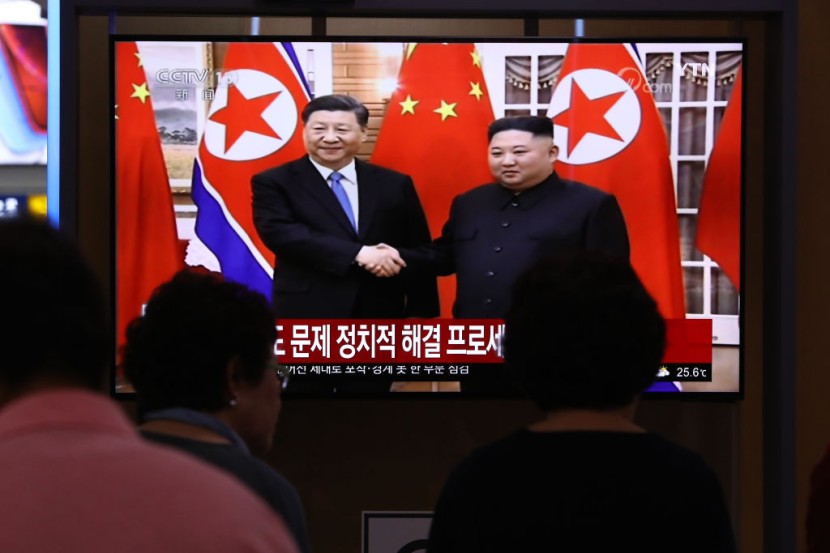
On Tuesday, Chinese State Councilor and Foreign Minister Wang Yi stated that China recognizes Iran's genuine worries over the nuclear issue and supports its efforts to safeguard its legitimate rights and interests.
In a phone call with Iranian Foreign Minister Hossein Amir Abdollahian, Wang stated that China opposes unilateral sanctions that aren't based on international law. Wang was updated by Amir Abdollahian on the latest developments in the Vienna discussions aimed at resurrecting the 2015 Iran nuclear agreement, officially known as the Joint Comprehensive Plan of Action (JCPOA).
China Is Eager to Strengthen Ties with Iran
In a report by CGTN, he stated that Iran is ready to return to the discussions as soon as feasible to discuss the outstanding problems with relevant parties in order to establish a satisfactory deal. The Iranian envoy thanked China for its positive engagement in the discussions and requested further assistance.
Wang emphasized China's commitment to resuming talks on the JCPOA as soon as possible. He stated that China is open to and supportive of any effort that leads to the achievement of the goal. In light of the tumultuous international and regional circumstances, Wang stated that China is eager to strengthen coordination and collaboration with Iran to seek a settlement that promotes regional peace and stability.
In exchange for the lifting of UN and Western sanctions, Iran agreed to some limitations on the growth of its nuclear program under the JCPOA. In 2018, President Donald Trump unilaterally pulled the United States out of the Iran nuclear deal, reimposing previous and new sanctions on the country. Iran replied by abandoning some of its nuclear pledges.
President Joe Biden is holding tense negotiations with Iranian President in an attempt to prevent the nation from gaining nuclear weapons. Despite escalating tensions between the two nations, Harry Kazianis, an analyst at the Center for National Interest and an expert on US foreign policy and national security concerns, believes China will continue to "push Taiwan" in the coming years.
As a result of the massive disruption generated by Putin's war in Ukraine, according to the national security expert, comparable threats to the West will become more prevalent. He believes Iran is also working on its nuclear weapons, maybe in collaboration with North Korea as part of an "authoritarian axis," Daily Express reported.
North Korea Missile Test Launch Fails
North Korea has already conducted tests of hypersonic, short-range, intermediate-range, and long-range ballistic missiles this year. At a military ceremony in January 2021, the government presented a new submarine-launched ballistic missile, dubbing it "the world's most powerful weapon." According to South Korea's military, North Korea attempted but failed to fire an unidentified projectile early Wednesday, in what might be the North's first high-profile missile failure in years.
The unidentified North Korean projectile appeared to have failed "soon after the launch," according to the South Korean military. The launch took place in the Sunan area near Pyongyang.
According to Big News Network, it's unclear what kind of weapon North Korea tried to demonstrate. Earlier this week, Japanese media claimed that North Korea had fired a ballistic missile, but provided no further details.
Related Article : Russia-Ukraine War: Did Russia Really Ask China for Ready-to-Eat Food Amid Invasion?
@YouTube
© 2026 HNGN, All rights reserved. Do not reproduce without permission.








